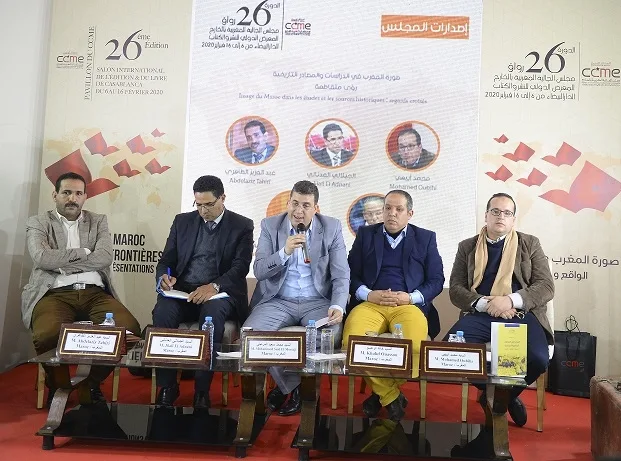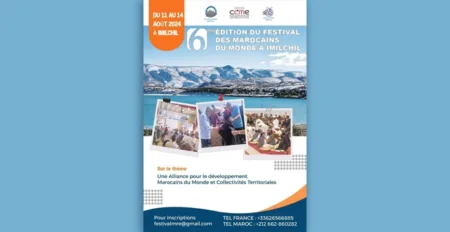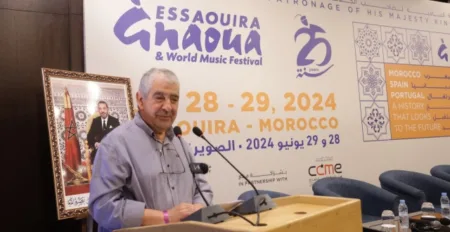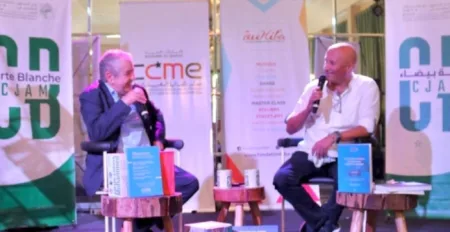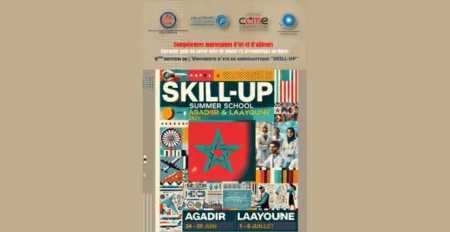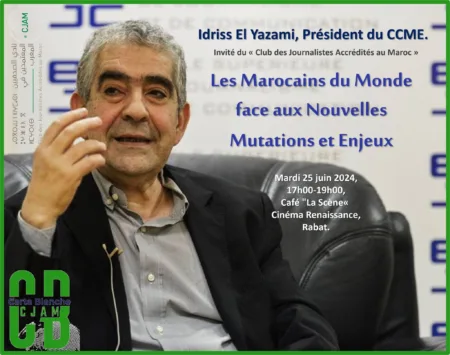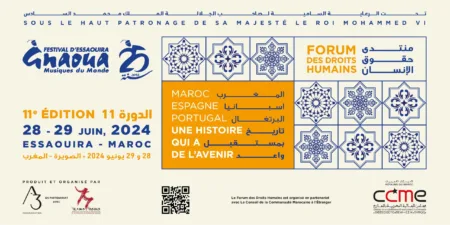The Council of the Moroccan Community Abroad (CCME) organized, Tuesday, February 11, 2020 a round table on the “Image of Morocco in studies and historical sources: comparative views”. The round table was held with the collaboration of the Moroccan Association for Historical Research. Participated to the meeting Mr Mohamed Oubihi, professor of contemporary history at the Faculty of Letters and Human Sciences in Rabat, Mr Jilali El Adnani, director of the Center for the History of the Present Time and authority in social and religious history, Mr Abdelaziz Tahiri, professor of contemporary history in Rabat and Mr Khalid Ouassou, researcher in migration and social sciences. The round table was moderated by Mohammed Said El Mortaji, professor at the Faculty of Letters and Human Sciences of Rabat.
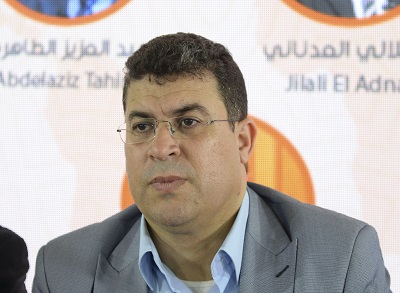
In his introduction, Mr. El Mortaji said that the image of Morocco abroad is partially comprised of residues of stereotypes in historical foreign writings reappear in each political event in the societies of residence.
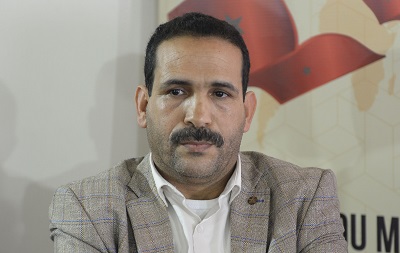
Mr Abdelaziz Tahiri, said in his speech that the sources about Morocco’s image are ideological and he makes a distinction between religious and rational ideology. He explains that while the religious ideology dates since the Middle Age, the rational ideology dates from the Age of Enlightenment.
Mr Tahiri explained, changing stereotypes is possible through four essential factors: culture, humanities, education and democracy.
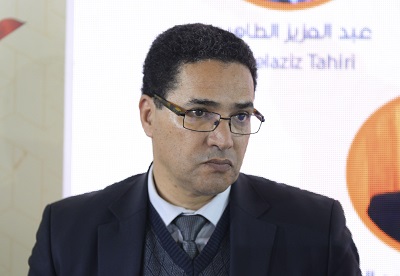
In his intervention, Mr Jilali El Adnani spoke about the image -be it favorable or adverse positive- of Morocco spread by the colonizer. He also explains that the ethnic classification given by colonial writers, including Lieutenant-Colonel Paul Marty, introduced the terms of the Berber dahir signed on May 16, 1930.
The image of Islam in Morocco given by the colonizer was also the subject of this “interest-based approach”. At the beginning of colonization, it was defined as a religion, a definition which will then be transferred to Islam from sub-Saharan Africa, since the settler associated northern Africa with Wahabbite Islam to tarnish its image.
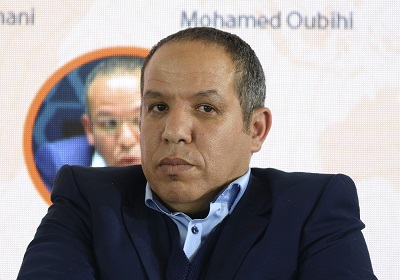
For Khalid Ouassou, the image depends on three parameters: time, place and cultural reference, which are constantly changeable factors. The image is also linked in its subjectivity to the acuity of the senses and the expertise of the one who reflects it and in its objectivity to anthropological studies.
In order to present colonization as message of peace and civilization, In her writings, France emphasized “character traits such as extremism, laziness, poverty or even the lack of state and supremacy of the religion”.
He explains that the question of the image is complex because it is not exclusive to the way in which the immigrant is seen, but is part of a collective memory.
These stereotypes, consequences of colonization and several other processes, must be corrected according to Khalid Ouassou by exploring the historical sources and the cultural richness of Morocco. “The relations that Morocco maintains with its diaspora are important to change this negative image, starting with the services we give them and the scientific background that we put at their disposal in Morocco and in the host countries. “.
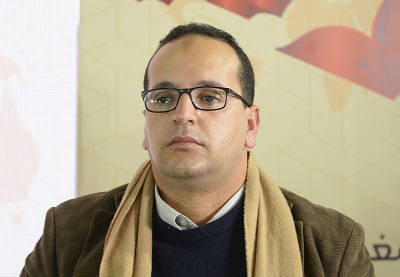
The intervention of Mr Mohamed Oubihi was on the Germanic historical explanation of Morocco. He says that these writings describe “the Moroccan personality, the society and the Moroccan diet”. They highlight “the Bedouin character of the Moroccan and his archaic clothing style”. Visions which don’t differ from those of the French or the English whose reference system is of colonizers”. researcher.
“Germanic writings present German as an individual interested to know his neighbor, but who is not always ready for exchanges with foreigners”. “They also describe the Makhzen and the sultans of Morocco whom they present as tyrannical, put at the center of their narratives the anarchy of the unity of the tribe within a divided Moroccan society.”
A negative image perpetuated in the stereotypes about Moroccans beyond the borders that the researcher proposes to correct by “a rereading of historical sources oriented towards the enhancement of the common heritage between Morocco and Europe and the rich cultural heritage of Morocco”.
Summary
CCME




